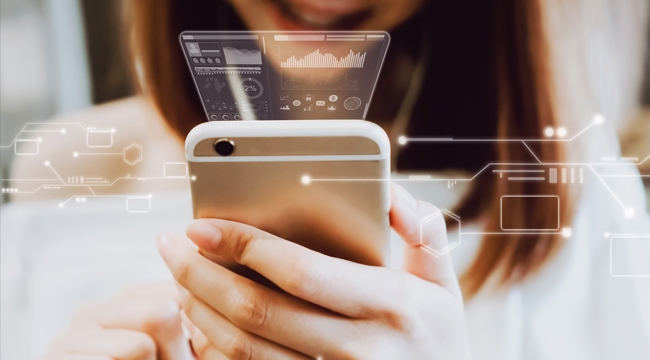
Ever-advancing medical technology means that sooner or later, you’re going to have a more complete picture of your day-to-day health, from resting heart rate to blood pressure. Apple wants a piece of that business, and has been developing health studies and tracking methods for years. However, they’ve just made their biggest move, at least on a consumer level: They want you to store your health records on your iPhone.
According to the New York Times, the new feature will arrive Thursday and while it won’t be a complete set of charts, it will contain vital information:
The feature is to become part of Apple’s popular Health app. It will enable users to transfer clinical data — like cholesterol levels and lists of medications prescribed by their doctors — directly from their medical providers to their iPhones, potentially streamlining how Americans gain access to some health information.
Before you ask, no, Apple can’t see it without your permission, although if you really want to, you can let them look at your medications. The data is encrypted and kept on your phone locally, so there’s no cloud to breach. In theory, at least, the only way to get at this data is to unlock your phone and look around inside of it.
It’s certainly a useful feature, in of itself. Implementing electronic records was one of the goals of the Obama administration, but it got hamstrung by industry competition and reduced most practices to using the only device certified by the government to share medical records over long distances: The fax machine. Unless or until the government goes in and cleans up this giant mess, it’s still going to be harder to share medical records between doctors than it should be, so having a copy will be handy. It may even save lives, as EMTs may be able to quickly access what medications you’re on and conditions you have so they don’t administer something that might kill you.
That said, some people will understandably be a little leery of storing what’s arguably their most important and personal information on your phone. Regardless of the benefits, there’s a gap between what we logically understand to be useful and what we emotionally can put up with, and Apple and doctors may need to coax patients a bit more before we put our cholesterol on our iPhones.
(via the New York Times)
